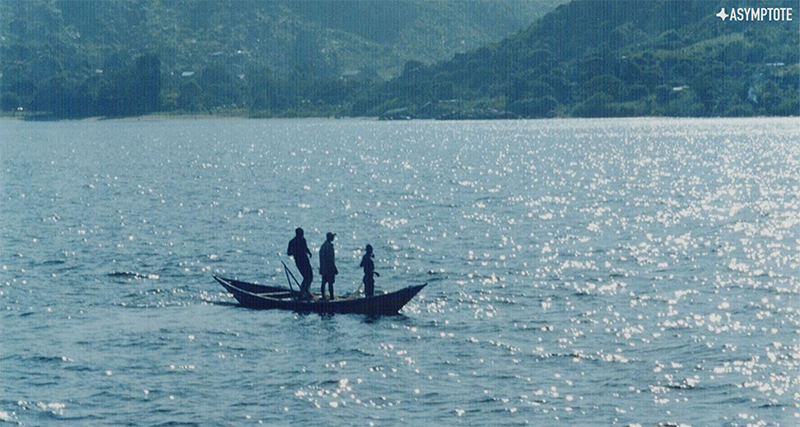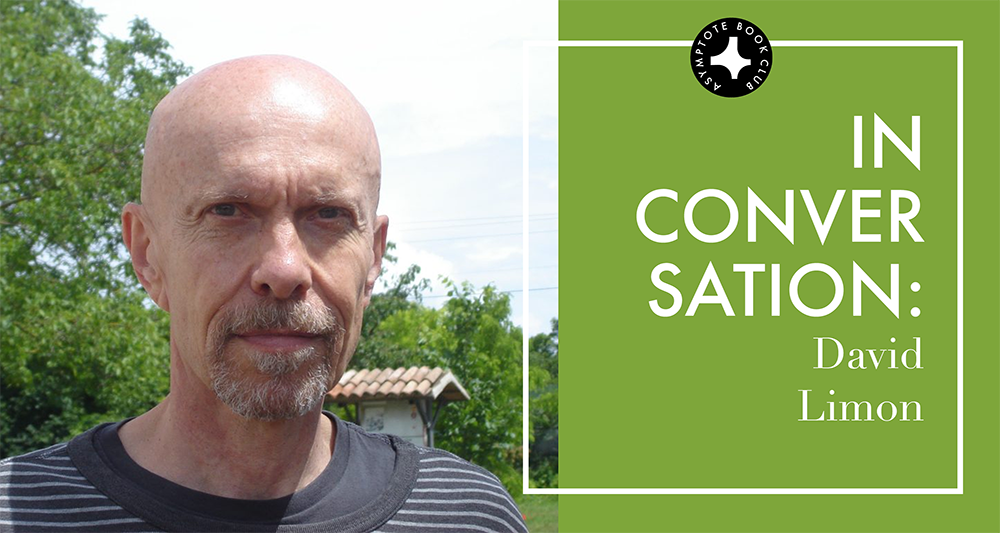In our most recent selection for Book Club, we were delighted to feature Evald Flisar’s winding, intertextual My Kingdom is Dying, which takes the long, venerable, and shifting work of storytelling as both its structure and its occupation. As its protagonist recalls a lifetime spent under the fascinations and complexities of fiction, one is taken through a crowded literary landscape where stories and realities collaborate to create the multiplying halls of memory, and philosophical preoccupations of the writer’s craft are constantly interrogating the capacities and functions of invention. In this interview, Michael Tate speaks to David Limon, the translator of this fascinating text, touching on the realities of Slovene-English translation, the particularities of Filsar, and his own illustrious literary journey.
The Asymptote Book Club aspires to bring the best in translated fiction every month to readers around the world. You can sign up to receive next month’s selection on our website for as little as USD20 per book; once you’re a member, join our Facebook group for exclusive book club discussions and receive invitations to our members-only Zoom interviews with the author or the translator of each title.
Michael Tate (MT): I thought we’d start off today by asking for an overview of your life as a translator, starting from the beginning.
David Limon (DL): Well, at school, I did French, like almost every person in the (English) school system. Then at university, I studied English literature and philosophy, but then later, I did a master’s in linguistics, and got into teaching for a while. The first job I had was in Nigeria, which obviously has nothing to do with Slovene, but the second job I had was in Yugoslavia—which still existed—and obviously, Slovenia was one of the Yugoslav republics.
One of the main languages in Yugoslavia was then known as Serbo-Croatian, but there were also other languages, such as Macedonian and Slovene and Albanian. I ended up in the Republic of Slovenia, I met a young lady, and I loved and married her; this is really why I learned Slovene, because of my wife, and partly because her parents didn’t speak English. Her father did speak German, and he used to speak to me in German, thinking: well, English and German are fairly close, he’ll understand. I didn’t, so I thought that I’ll have to learn Slovene. READ MORE…


